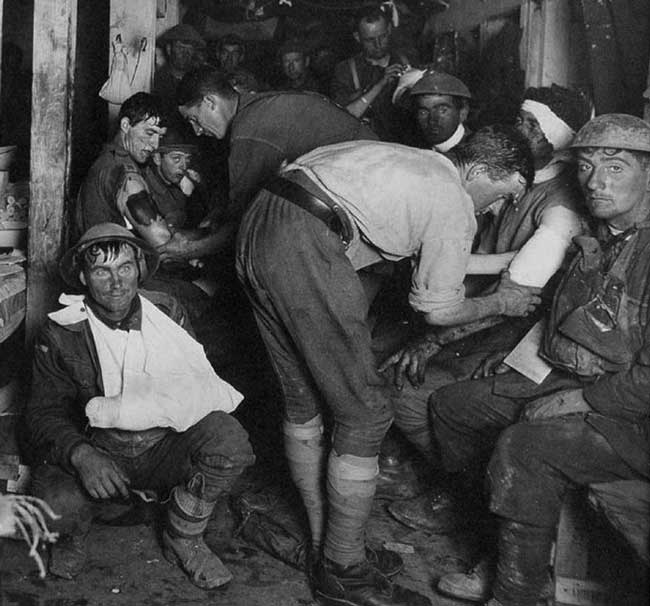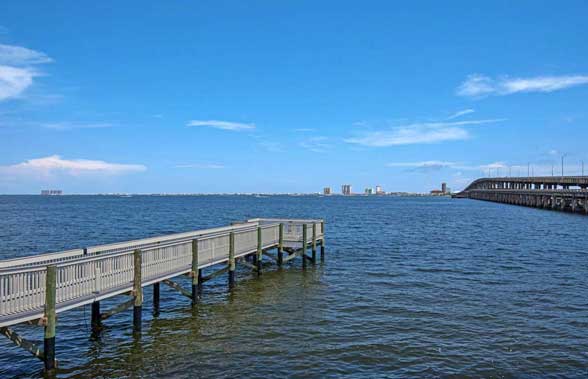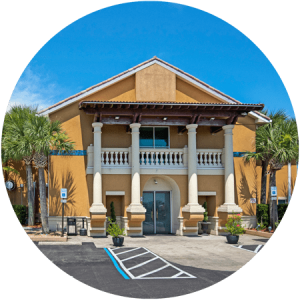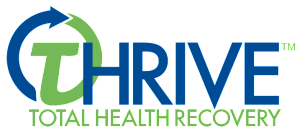Post Traumatic Stress Disorder (PTSD) has a long history

Soldiers during World War I first used the term “shell shock” to describe the symptoms that some soldiers who had experienced military action were exhibiting. The description did not reach the medical profession, however, until 1915 when doctor and psychologist Charles Meyers began his research and treatment of affected soldiers. Meyers described “shell shock” as a range of symptoms that he was sure were psychological and were caused by repressed trauma. He also encouraged and developed psychological treatment protocols.
Meyer’s research was not taken seriously by many of his colleagues. Even as understanding about the diagnosis grew, it was believed to be a condition that only happened to soldiers in military battles.

Our understanding of PTSD and Trauma treatment has improved.

With a diagnosis of PTSD, symptoms occur following exposure to the traumatic event, with the traumatic event retaining the power to evoke panic, terror, dread, grief, or despair sometimes for decades, or if untreated, even for life. These emotions can occur in vivid, traumatic nightmares, intrusive thoughts, images while awake, or flashbacks sometimes triggered by an external stimulus. No two people experience PTSD in exactly the same way, but none the less, the distress is real for all who suffer PTSD.
Someone with PTSD can feel helpless and hopeless. Suicidal thoughts are common, as is the abuse of alcohol or other substances in an attempt to stop the intrusive thoughts, memories, and experiences triggered by PTSD.
PTSD is common with military veterans, but it is not limited to them. Combat trauma or Military Sexual Trauma (MST) can lead to PTSD, as can non-military physical or sexual trauma.
At Gulf Breeze Recovery we have a professional staff experienced in the most up to date treatment for PTSD, and substance abuse issues. We understand combat trauma and military sexual trauma and believe our military veterans and others experiencing PTSD deserve compassionate care to help them overcome their past and embrace their future.
Our professional and medical staff are available to provide quality care for both substance abuse and PTSD treatment delivered with kindness and respect.
The ultimate goal of the Gulf Breeze Recovery trauma program is to help those suffering find relief and start reclaiming their lives.
We help people not just to survive, but to THRIVE!
About Gulf Breeze Recovery:
Gulf Breeze Recovery, unlike other treatment centers in Florida, is a non 12 step holistic drug and alcohol rehab that is changing the future of addiction treatment with their THRIVE® (Total Health Recovery) program focused on overcoming chronic relapse.
Gulf Breeze Recovery’s THRIVE® program is a non 12-step approach designed for those who are looking for a drug and alcohol treatment program to produce a different and positive result.
This non-12 step program allows you to drive beyond your addictions and promotes a new outlook on life.
We are licensed by the Florida Department of Children and Families, and our last audit scored 99.7! Also, we are gold certified by the Joint Commission.
Want to read more about Gulf Breeze Recovery’s non 12 step, holistic drug and alcohol rehab? Check out some of our latest posts:
Researchers Identify Role of Key Brain Signaling Protein in Alcohol Use Disorder
January 29, 2021
College Students Who Returned Home Due to Pandemic Drinking Less
January 29, 2021
Overdose Deaths Soar in the Midst of a Pandemic
January 27, 2021
Alcoholism Today in Seniors and Younger Generations
January 20, 2021
End Chronic Relapse and Start a New Life!
At Gulf Breeze Recovery we don’t want you to have just a great recovery, we want you to have a great life!










